We are always looking for ways of the intrinsic hand strengthening. It is easy to overlook the importance of these small but mighty muscles. They are essential to performing functional grasps patterns. They can become weak in a short period of time due to their small size.
So, How does intrinsic strengthening work?!
The Basics – We typically start with a large 5-pound blob of yellow or tan putty because this is the easiest and softest.
“Functional grasp patterns require the use of the intrinsics.”
Special Rules – To keep the patient from cheating and meet the task’s purpose, we have a few special rules.
- Make sure the patient’s shoulder is relaxed! We do not want to create shoulder problems!
- Check to make sure there is no compensation of the long flexors and extensors.
- The most important part of these exercises is TECHNIQUE
Make it fit – This task is scalable and can be adjusted by using different putties. Also, it can be modified by how deep you dig the putty tools into the putty.
Time to get to work!
Using the small cylinder knob, place it between digits 2 and 3. While holding the knob tight between the digits, turn the knob in the putty. Repeat the same step above and rotate the knob to between digits 3 and 4 and then digits 4 and 5.
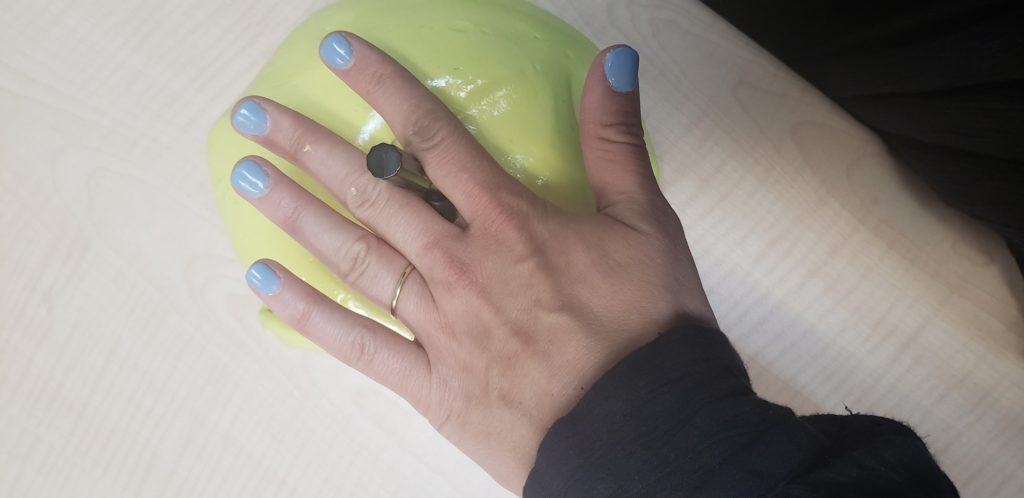
Next, push the T end of the putty tool into the putty. Hold the hand in the intrinsic plus position and practice turning the knob.
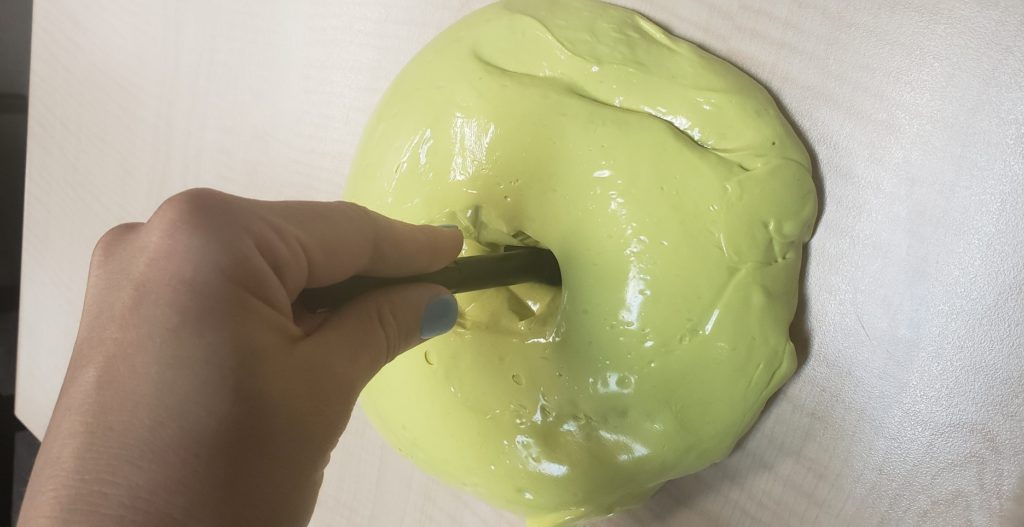
Lastly, Intrinsic Pull. Place one side of the key tool into the putty, hold the tool between any two digits and pull through putty.
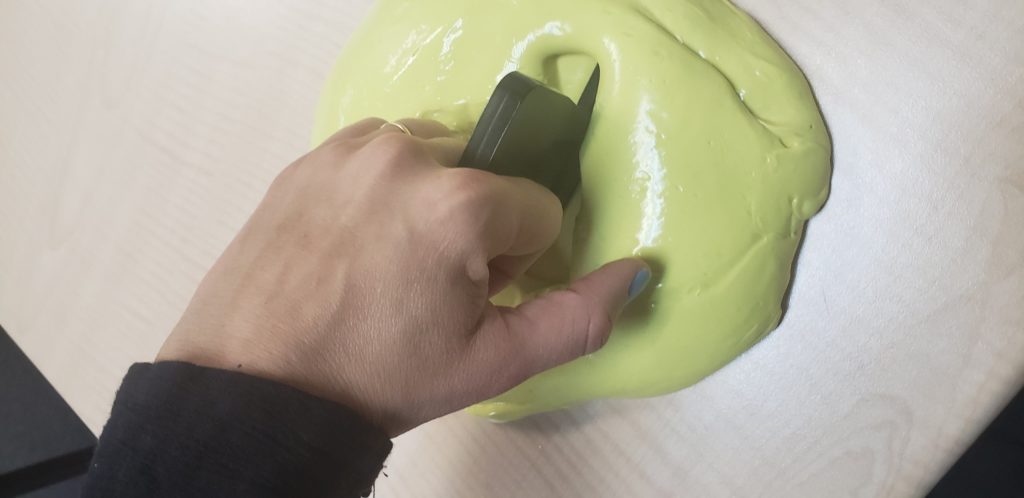
Warning – Make sure the patient removes their watch or bracelet, along with making sure their phones do not get near the putty. The putty tends to stick to rubbery surfaces and can be very difficult to remove.
If you don’t have Puttycise tools, you can make your own out of scrap splinting material.
1 Comments
Leave a Comment
More To Read
Differentiating Proximal Median Nerve Entrapment from Carpal Tunnel Syndrome
By: Brittany Day Proximal Median Nerve Entrapment, Pronator Syndrome, or Lacertus Syndrome? Pronator syndrome is a term used to describe proximal median nerve entrapment (PMNE) in the forearm. Pronator syndrome and lacertus syndrome are sometimes used interchangeably to describe proximal median nerve entrapment distal to the ligament of Struthers and proximal to the flexor superficialis…
Read MoreHow to Strengthen the Intrinsics with Puttycise Tools:
How to strengthen the intrinsic with Puttycise tools
Read MoreTop 5 Hand Therapy Toys for Kids
Many therapists in hand therapy clinics have a lot of tools for their adult patients, but may not have as many tools for the less common pediatric patient. With nearly 20 years experience in pediatrics, we’ve compiled a list of our top 5 picks for tools to use with pediatric patients in hand therapy. We…
Read MoreSign-up to Get Updates Straight to Your Inbox!
Sign up with us and we will send you regular blog posts on everything hand therapy, notices every time we upload new videos and tutorials, along with handout, protocols, and other useful information.


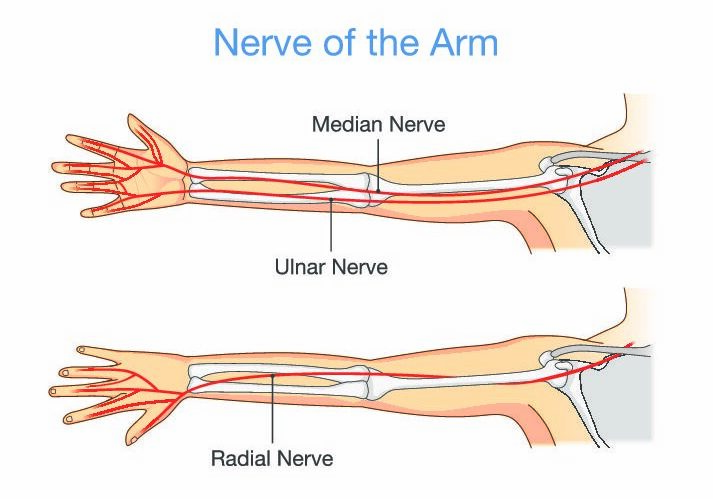
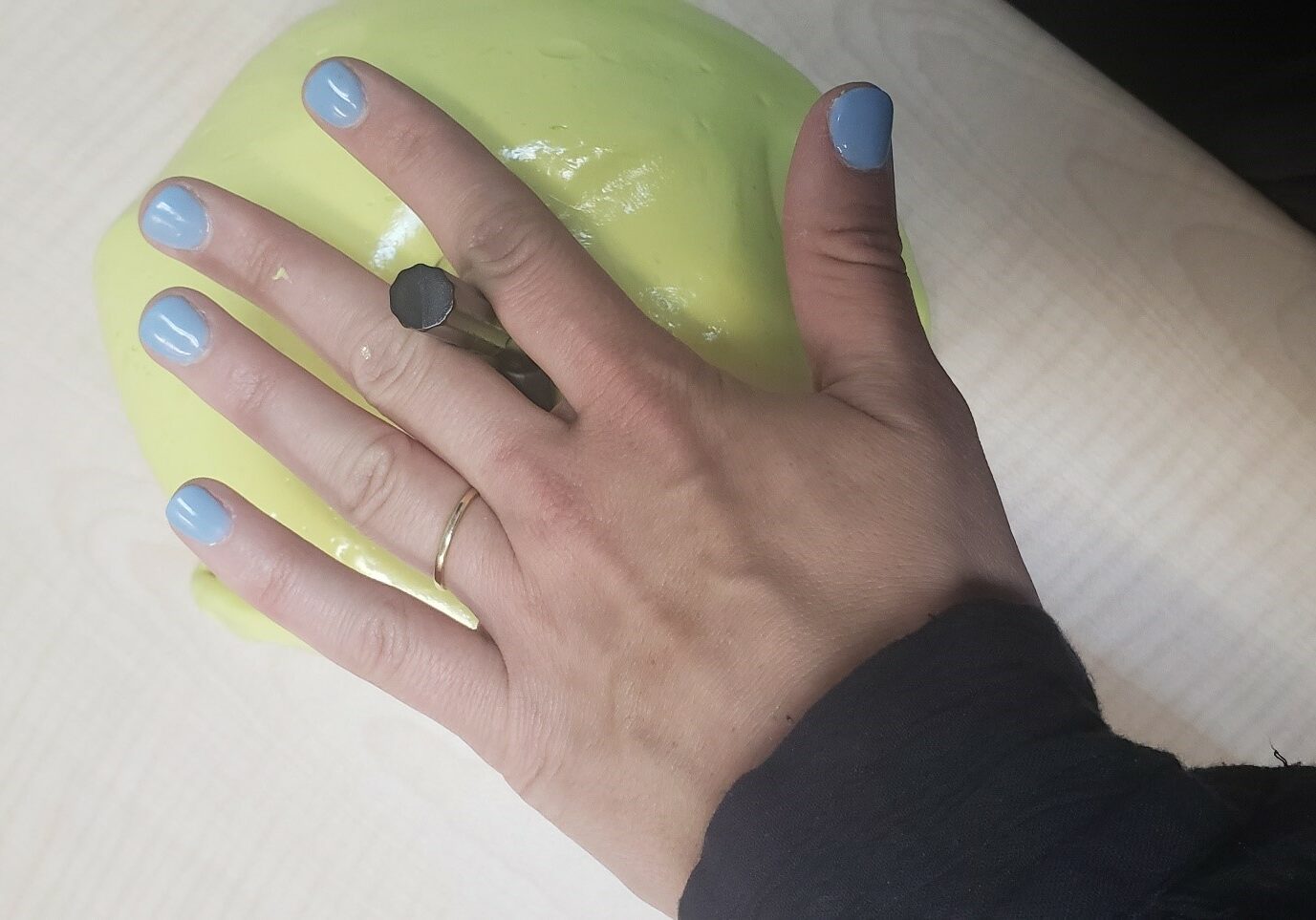
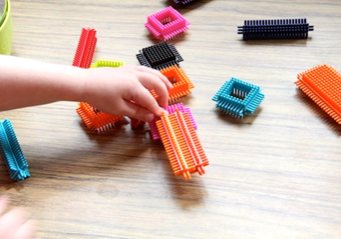

Great ideas. Thanks. Theraputty is one of the best hand exercises mediums/tools I have come across.